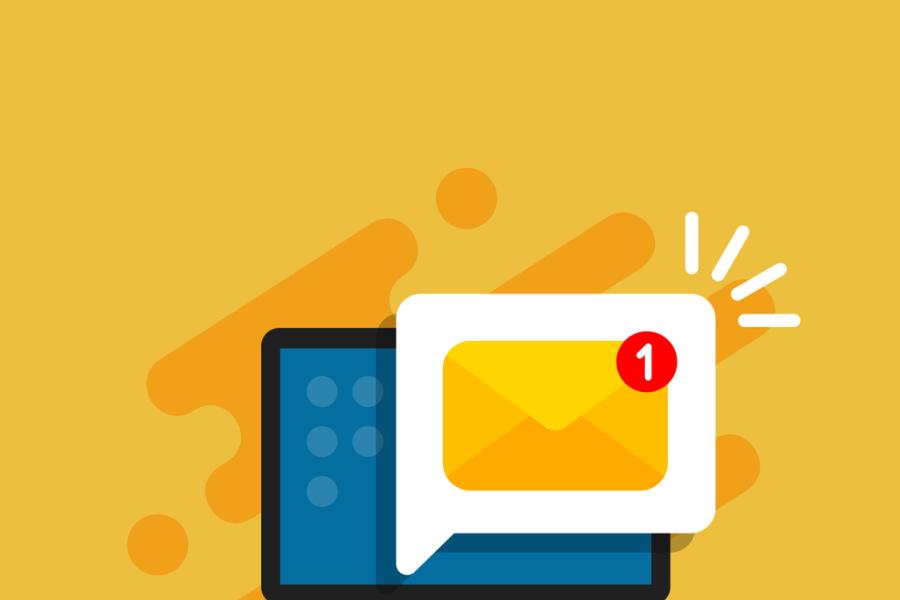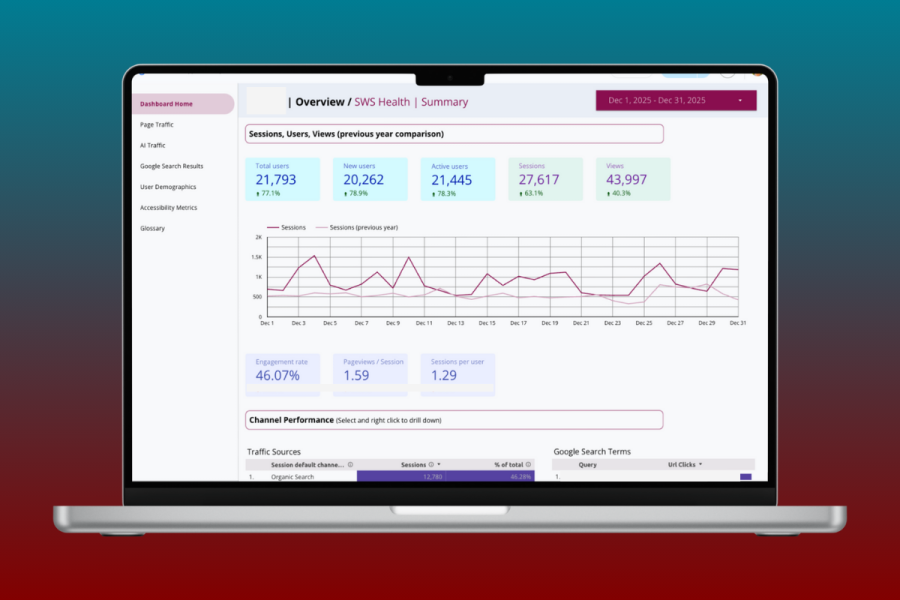What should I do if I’ve been doxxed?
Because our lives and digital presence are intertwined, sharing at least some personal information online has become commonplace. However, this convenience also brings risks, including doxxing—a malicious form of online harassment that our Stanford community needs to be aware of and prepared to handle.
Doxxing, short for "dropping documents," refers to the public release of someone's private information without their consent.
When personal information is exposed, it can lead to various forms of harassment, including stalking, unwanted surveillance, and even identity theft. The psychological impact, alongside threats to personal safety, can significantly affect an individual's sense of security and well-being.
A new guide page to help with doxxing
IT security and privacy experts at Stanford have gathered guidance on what to do if you or someone you know becomes a victim of doxxing in the new Get Help With Doxxing guide page.
The page includes details for six steps to take if you’ve been doxxed:
- Request takedown of unauthorized and false statements
- Document and preserve evidence
- Report threats to appropriate law enforcement and safety groups
- Obtain legal advice
- Delist from directories
- Scrub your online data
The page also includes Stanford policies, resources, and support tools, as well as external articles on prevention and response from reputable sources.
Learn more
- Get Help With Doxxing Guide: IT guidance on what to do if you or someone you know becomes a victim of doxxing.
- Stanford’s Anti-Doxxing Policy: Guidelines to protect against unauthorized sharing of personal documents.
- Online Harassment Guidelines for Faculty and Academic Staff: Detailed information on handling and reporting harassment.
- SHARE Title IX: Digital Safety: Strategies to enhance your online security.
DISCLAIMER: UIT News is accurate on the publication date. We do not update information in past news items. We do make every effort to keep our service information pages up-to-date. Please search our service pages at uit.stanford.edu/search.
What to read next:

Action Needed: Stanford Emails, Meeting Invites Affected by Microsoft 365 Outage


